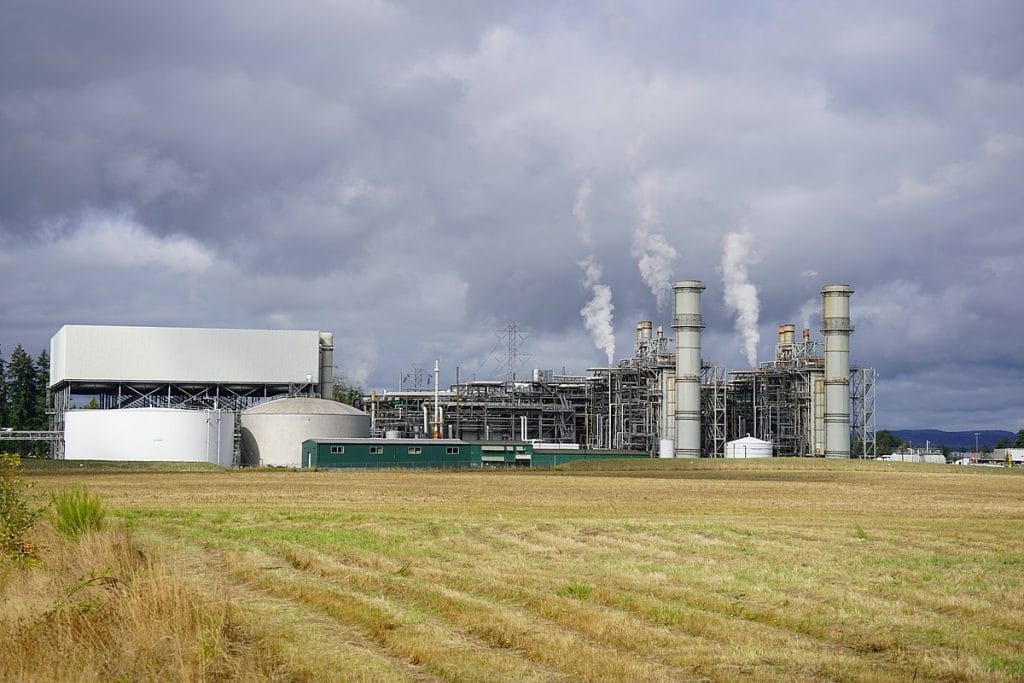South Africa has announced plans to import liquefied natural gas (LNG) from the United States in a proposed trade agreement valued at approximately \$1 billion (R17.9 billion) annually. The move comes in the wake of tense but pivotal talks between Presidents Cyril Ramaphosa and Donald Trump aimed at repairing strained relations and safeguarding crucial trade ties.
In a column published in the Sunday Times, South African cabinet minister Khumbudzo Ntshavheni revealed that, under the tentative terms of the deal, South Africa would purchase LNG from the U.S. over a 10-year period. In return, South African automotive exports—up to 40,000 vehicles per year—would gain duty-free access to the American market.
The proposal also includes provisions for duty-free exports of 385,000 tonnes of steel and 132,000 tonnes of aluminium from South Africa. Additionally, the U.S. is expected to invest in South Africa’s gas infrastructure, including fracking projects, to support energy development in the country.
According to Ntshavheni, the potential trade volumes from the deal are estimated at between \$900 million and \$1.2 billion annually. She was part of the delegation that accompanied President Ramaphosa during his White House visit last week.
The negotiations come as South Africa grapples with a significant trade deficit with the U.S., which has threatened to impose 30 percent tariffs on various South African exports. The proposed deal would also allow duty-free imports of South African automotive components for U.S. car manufacturing.
“These are figures presented in South Africa’s trade proposal to the U.S. Trade Representative and are now under further negotiation,” Ramaphosa’s spokesperson Vincent Magwenya confirmed.
In his weekly newsletter on Monday, President Ramaphosa highlighted the establishment of an economic cooperation channel between the two governments to address tariffs and expand bilateral trade in sectors such as energy, mining, agriculture, and nuclear technology.
He also confirmed that the U.S. would participate in the upcoming G20 summit scheduled for November in Johannesburg. Previously, President Trump had indicated he might skip the meeting due to political tensions.
During the talks, Trump confronted Ramaphosa on camera with discredited claims about attacks on white farmers in South Africa. Despite the contentious exchange, Ramaphosa said the primary goal of the visit was to reinforce South Africa’s strategic economic relationship with the U.S., its second-largest trading partner.



